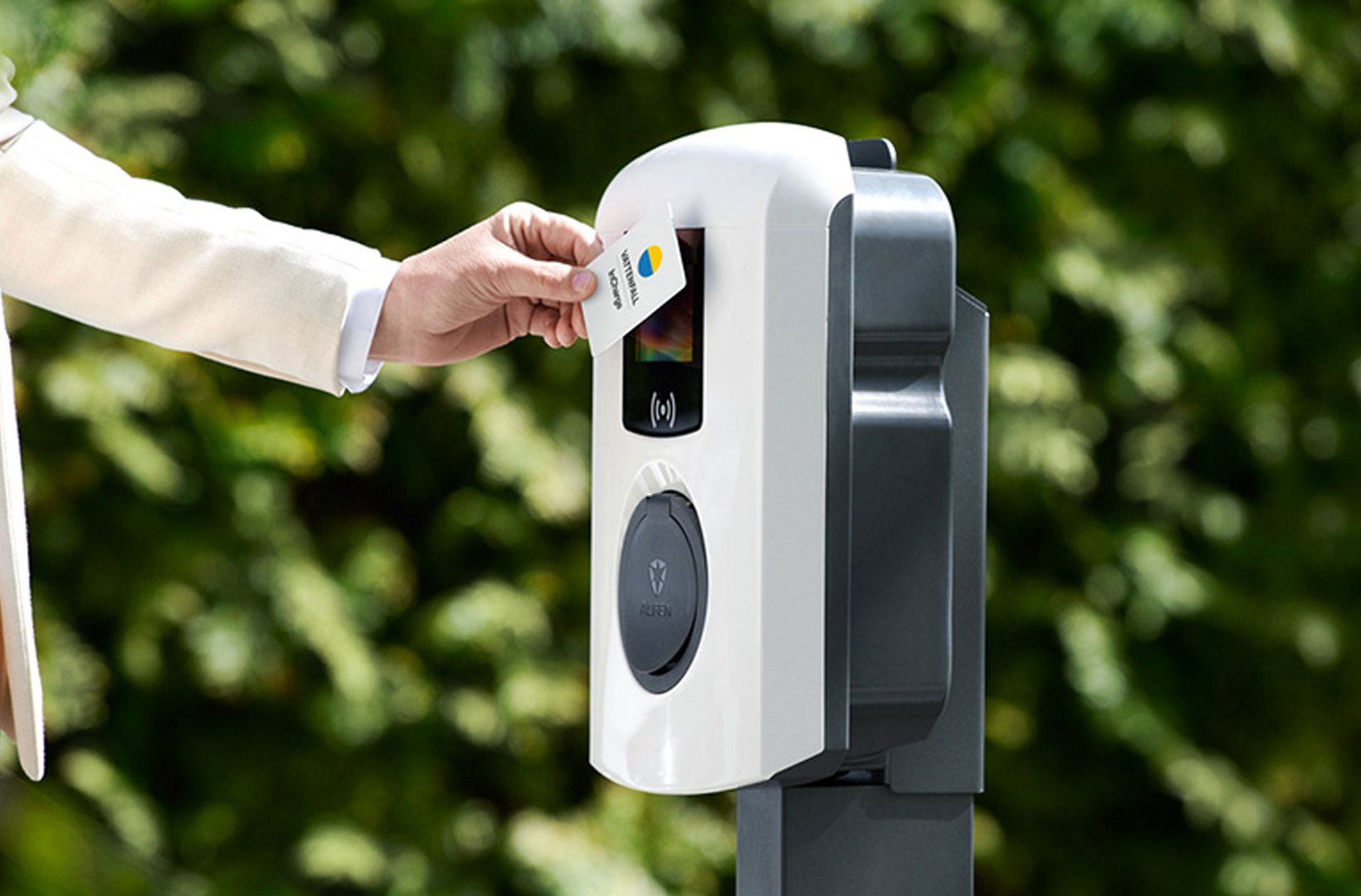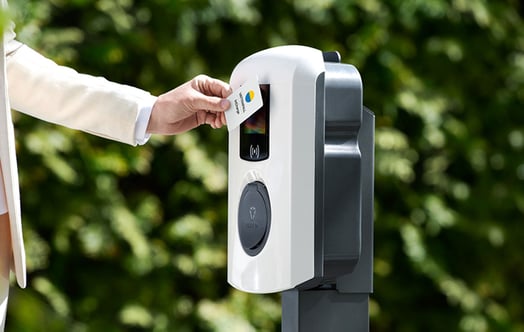
Flexible charging cuts electricity bills and creates grid stability
Steered charging of electric vehicles can provide the electricity grid with much needed flexibility. In Berlin and Amsterdam, Vattenfall is running two interesting new projects to test flexible charging.
The advancing electrification of our society is generating increased demand for renewable electricity. However, since its feed-in fluctuates, the match between supply and demand is becoming more and more difficult. So, how can we establish the necessary flexibility in demand so as to ensure grid stability?
One answer is to cluster small individual electrical assets of consumers and make them available to the grid operator. Another possibility is to encourage a decentral steering of such assets by providing price information to the customer to let his electrical assets help compensating such fluctuations.
With increasing numbers of electric vehicles now on the roads, the transportation sector is an obvious choice here. We talked to Thorsten Möller of Vattenfall Energy Trading about the opportunities that electromobility affords the electricity market.
Mr Möller, what does Vattenfall’s Energy Trading division have to do with electromobility?
It’s the job of our Energy Trading division to optimise our own plants and those of our customers and provide market access for the procurement and sale of electric power. Feed-in of renewable electricity varies according to the weather: this not only faces network operators with a challenge, but it also results in significant price fluctuations on the short-term electricity market, though we are able to make use of these for the purpose of plant optimisation. On the one hand, we can support network operators by providing flexibility for the electricity network – so-called grid services; on the other hand, we can market this flexibility on the electricity exchange and generate additional revenue. This happens via short-term intraday trading, for example – trading in quarter-hourly products for the respective day. Electromobility potentially has a role to play here, too. The prerequisite for this is that as many electric vehicles as possible are bundled together and charging processes are controlled from a joint platform. This is a job for our IT services. If such a link is available, charging processes for electric vehicles can be optimised or grid services can be provided.
Are there examples illustrating how the flexibility provided by electromobility can be used to benefit of the grid or the electricity market?
It’s early days yet. There are currently two pilot applications. Public charging stations in the Netherlands and the electric vehicle fleet run by Berlin’s public cleaning service BSR (Berliner Stadtreinigung).
When the Dutch transmission system operator TenneT needs more electricity from the grid, the Flexibility Services platform run by our Energy Trading division is used to reduce charging capacity at a number of public charging stations. This only takes a few minutes and doesn’t involve any significant restrictions as far as customers are concerned. On the contrary, the customer is in fact actively supporting the integration of fluctuating renewable electricity in this way. We make this possible by linking our transnational charging network InCharge to the Flexibility Services platform. Further charging stations can be added to this at any time, including private charging stations.
In Germany, BSR is optimising the charging processes for its fleet of electric vehicles. The basis for this is provided by Vattenfall’s Energy Trading division with a charging schedule that is created based on our price forecast for the following day. In this way, BSR gets an optimal charging schedule and can benefit from low prices – during the night time or when the feed-in of renewable electricity is running at a high level.
How do consumers benefit from making the flexibility of their electric vehicles available in this way?
Participation in this type of interconnected platform enables companies to have their vehicle fleets charged at times when wholesale prices are low, so that enables them to cut power costs. In the B2C sector, flexible electricity tariffs are particularly suitable, or hourly tariffs linked towards the development of wholesale prices. It would be feasible to offer an electricity tariff that changes along with wholesale prices, i.e. varying by the hour, so it would be particularly favourable when prices on the wholesale market are especially low as a result of high feed-in and low demand. It would be an incentive for consumers to charge their vehicles at these times so as to cut costs. At the same time, charging patterns like this would contribute to grid stability. There is a whole range of potentially interesting business models that could be developed here. The whole thing will be even more interesting if also grid fees could be lowered in this way, too – something that is currently under discussion in terms of legislation.
Furthermore, additional revenue can be generated through the provision of grid services. What is possible specifically depends to a large extent on country-specific regulatory requirements as well as a sound cost-benefit ratio, i.e. the additional costs of providing grid services and the additional revenue generated from them. When grid services are provided, all parties involved stand to benefit: it makes it easier for the network operator to maintain grid stability, and Vattenfall gets paid for the grid service – most of which can be passed on to the customer.



